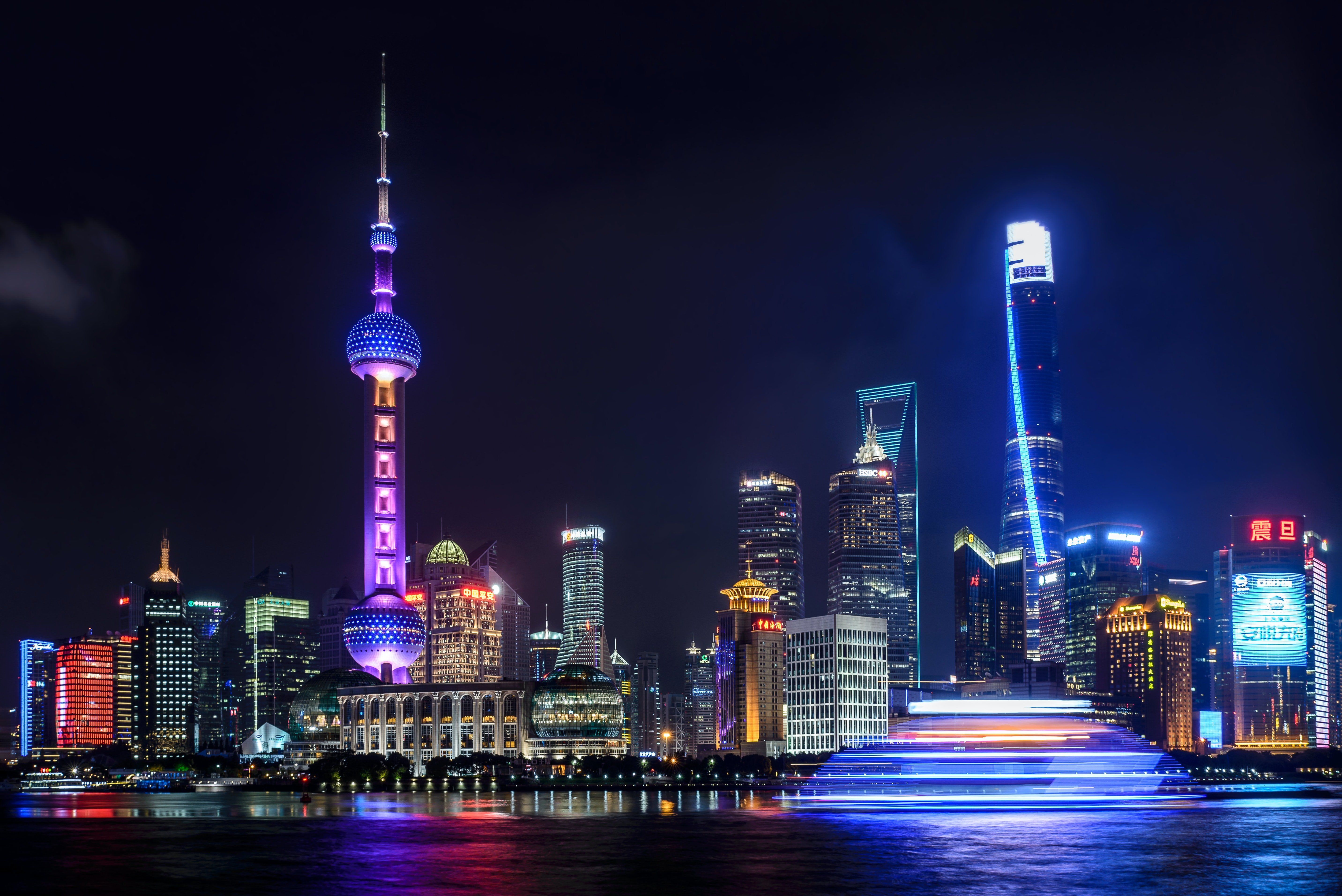Doing business in China has never been straightforward. But now it's becoming dangerous for (some) American companies.
On Wednesday, Chinese cops raided the Shanghai offices of US consulting firm Bain, questioning local employees and taking away computers and phones. No explanation was given by the police or the Boston-based firm, but the search was carried out the same day that China expanded its espionage law, giving authorities greater powers to inspect premises and digital devices of local businesses. (This comes a month after China arrested five Americans working at the due-diligence firm Mintz and shut down its Beijing HQ.)
These episodes highlight the increasingly risky environment for US businesses operating in China, the world's largest economy. As US-China relations get frostier, a whopping 87% of US execs surveyed by the AmCham industry group say they’re pessimistic about the future.
The bad vibes pose a dilemma for Xi Jinping. While these moves send a strong message to Washington — and play well at home, feeding into the narrative that American capitalists are stealing China's wealth — Xi needs all the investment he can get to help the Chinese economy recover from the wreckage of zero-COVID.
